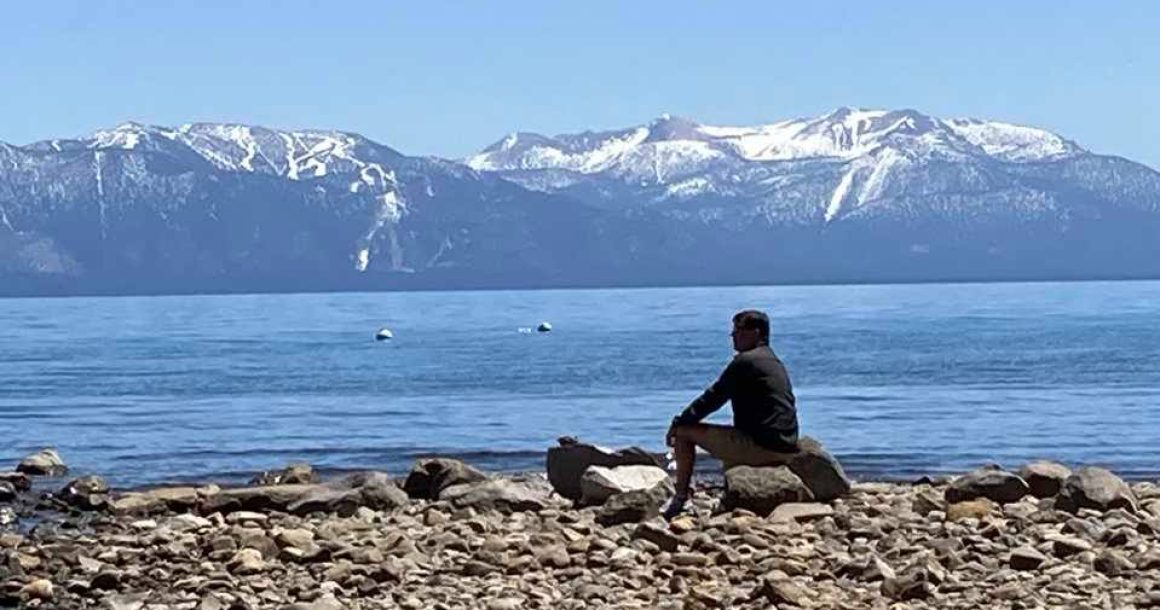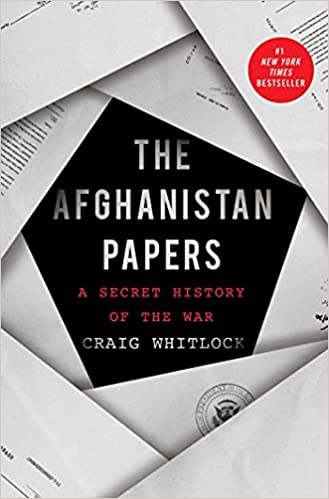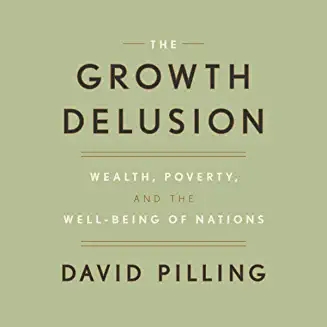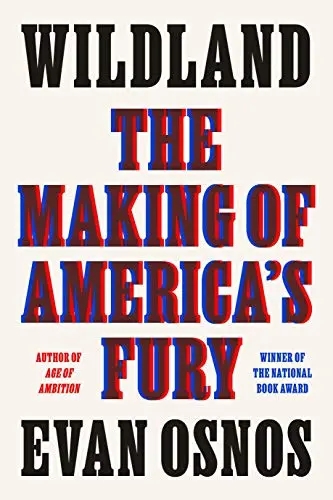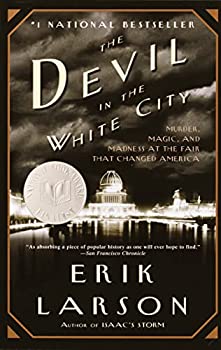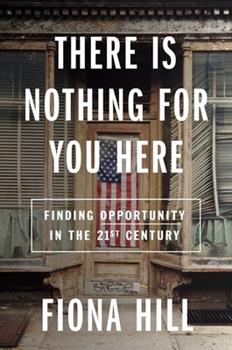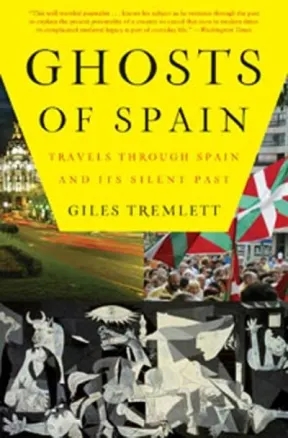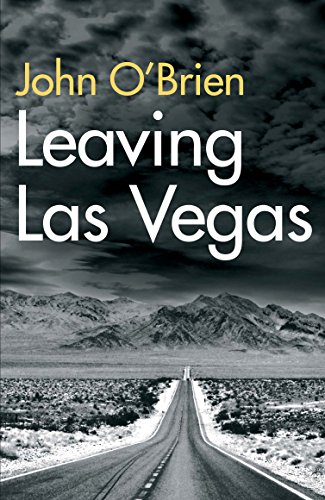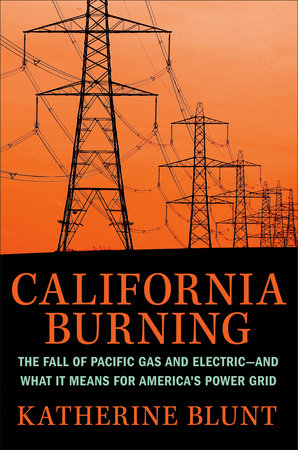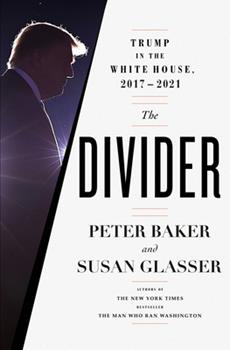I have been in the tech industry for over 30yrs, which has been an amazing run. When I started at Microsoft, the battle was between Word and WordPerfect, between Excel and Lotus123. It seemed so cutting edge at the time and at Microsoft we were young, we were passionate and focused on the fact that we would win. We all believed in the Microsoft mission statement, “A PC on every desktop and in every home”. We were pushing very fast providing upgrades to popular products, pushing the channel to sell and create new products and were focused on new and emerging opportunities. It was fast paced and it was exciting. Every day was an opportunity to learn. We were the future.
One thing that makes tech exciting is that from time to time moments happen that seemingly push the industry forward by ten years. Like you hit the fast forward button and wound up in a different time and space. In these moments it is as if the industry is at the center of a shark feeding frenzy, with every company fighting and praying to survive. But the blood is thick and many companies are swallowed whole, to be digested and never heard from again. These are the moments where possibilities seem endless and how we live our day to day lives is changed. It creates a tidal wave event where you can either hop on and ride the wave or get swept away to sea.
The year 1995 was significant in learning about these tidal shifts. A phenomenal Microsoft Marketing campaign was closing with the launch of Windows 95 and a small Silicon Valley based company called Netscape Communications was about to IPO. The significance of these two events was immense. Microsoft long had had their mission statement, “A PC on every desktop and in every home”. Though it would take a few years eventually this would come to pass, the Microsoft mission statement had been achieved. In my opinion this was one of the greatest mission statements ever. When Windows 95 launched it was one of the biggest product launches ever and fueled a frenzy of buying. The Windows empire was complete and if you did not own a PC at home you soon did as Windows 95 was much sexier than its predecessors. But the launch of Windows 95 was not enough. People were not buying a PC just so they could write Word documents or do complex spreadsheets in Excel a new buzz word was taking flight…the internet. One company signified this entry of a new market opportunity and it was Netscape Communications, led by the “new ” Bill Gates, Marc Andreesson (in all fairness there have been many “new” Bill Gates’ through the years). The reason we have become familiar with “www” was thanks to the work done by Netscape, prior to the world wide web we had technologies like FTP and Gopher, Netscape didn’t event the world wide web but they popularized it and in order to connect to the internet you needed a PC. When Netscape went public, Wall St went crazy…for the next 5 years. We also during this period become acutely of the emotional response of Wall Street. The dotcom boom raised the internet to new heights, it of course would be tempered by the dotcom bust. It a short time everyone seemed to have a PC at home and a dial up connection to the internet
In 2007 another momentous event would occur. This time it was the launch of Apple’s iPhone. It would be Steve Job’s crowning achievement. Prior to the iPhone the mobile experience had been led by Research in Motion (RIM) and their Blackberry device. Charging and not far behind was Microsoft with their Mobile Phone. Microsoft was relying on their tried and true formula, wait until version 3 and we will start to catch and crush our opposition. In this case the focus was Blackberry. Steve Jobs probably looked at the third release strategy with ridicule. He went about building a phone that was leap years ahead of everyone else. He had learned from his experience with Motorola (remember the Motorola Rock?) to know that he did not want to be beholden to device manufactures or the carriers. Like Microsoft Windows 95 Apple did a great job of hyping the iPhone and when it launched in June 2007 it did not disappoint. It was light years ahead of Windows Phone and Blackberry. The first time you used one you used it you had a real internet experience, you had tons of apps you could download, stream video etc…the bottom line it was fun. Within 6 months Windows Phone and Blackberry were dead. Microsoft would dispute this but they had no answer and by the time they had re-architected the OS, purchased Nokia, launched a new phone (which did get great reviews) the market was too far gone. In the meantime an entire iPhone ecosystem had emerged and in addition to the iPhone they launched the iPad. Today most people carry an iPhone (or an Android device..but that is another story). How many times do you see people just staring at the screen of their iPhone while on a bus? in a restaurant? at work? Zombies of their own making.
It is now 2023 and it has been a while since have had a tidal wave moment, where the industry is set to pivot. That is about to change. On January 18, 2023 Microsoft announced the general availability of its OpenAI bot ChatGPT. The commercialization of AI s not new, for the last decade there have been a number of AI startups and AI being incorporated into everything – go shopping on Amazon and offers appear based on your purchase history and interests. Google search, same thing. It often completes your search request before you are done typing. Every vertical market has AI technology. Financial Services, Health Care, Retail etc… Over time this technology will displace more and more workers in the respective verticals. It is inevitable.
ChatGPT is different. It goes beyond traditional AI. Here I will make a distinction. ChatGPT is not Artificial Intelligence it is Artificial General Intelligence. If you go to OpenAI’s website they make the distinction. We are transitioning to a new frontier where we will interact with technology in a fundamentally different way, not that it will necessarily be new, as Hollywood as immortalized this in film for decades, as has literature. A terminal or device where we interact in a more human and conversational level then merely receiving stale links or print outs. The idea of a computerized device being a friend will become a reality in the not so distant future.
In order to make AGI more useful it needs fuel to help it in making decisions, that fuel is data. Companies wanting to build competing technologies will need huge amounts of data. The race is on and has been going on for some time. Some in the tech industry and some in the geopolitical world. Microsoft in this regard was behind Amazon, Google and even Facebook in capturing huge quantities of data. I learned this first hand in a meeting I had at the Redmond campus. But luckily there was one data repository they did have access to; enter OpenAI and the internet. It seems simple in hindsight but makes the most sense. If you are going to tackle AGI then you need a data source that captures as large a variety of data as possible, who knows may this very blog I write will be a data source for AGI (I asked ChatGPT – I am not well known)
Google received a direct hit when Microsoft announced ChatGPT integration in all its tech. It thought it was leading but in my view they got lazy. Similar to what Microsoft went through with Windows Phone, where Microsoft got caught going through the motions rather than focusing on innovation. If you think about search in general what are you doing when we do a search? You are asking a question. In Google land they provide a answer to the right on occasion, quick view of a wiki page, but usually a bunch of helpful (or no so helpful) links you can click on. In ChatGPT the response is an answer in a conversational tone. They can provide an answer in a quick summary format or it your quest greater detail you can do so. The interesting and exciting thing about ChatGPT is interaction you have with the request is on a more personal level..
We are arriving at a point in time where we will be able to actually do the Turing Test, and in time a machine will be thought to be as intelligent as a human (or superior). For those fans of Kazuo Ishiguro’s novel “Klara and the Sun”, we may enter the era of the artificial friend. We have already glued our children to their iPhone. We may enter an era where troubled kids turn to tech for conversational comfort. To re-wire a child is not that difficult especially when they are two or three years old. The ancient Greeks thrived in the discussion of the purpose of the human race. We may want to reengage in those discussions, because the disruption heading our way may sweep us out to sea if we don’t.
Good Night and Good Luck
Hans Henrik Hoffmann March 22, 2023
